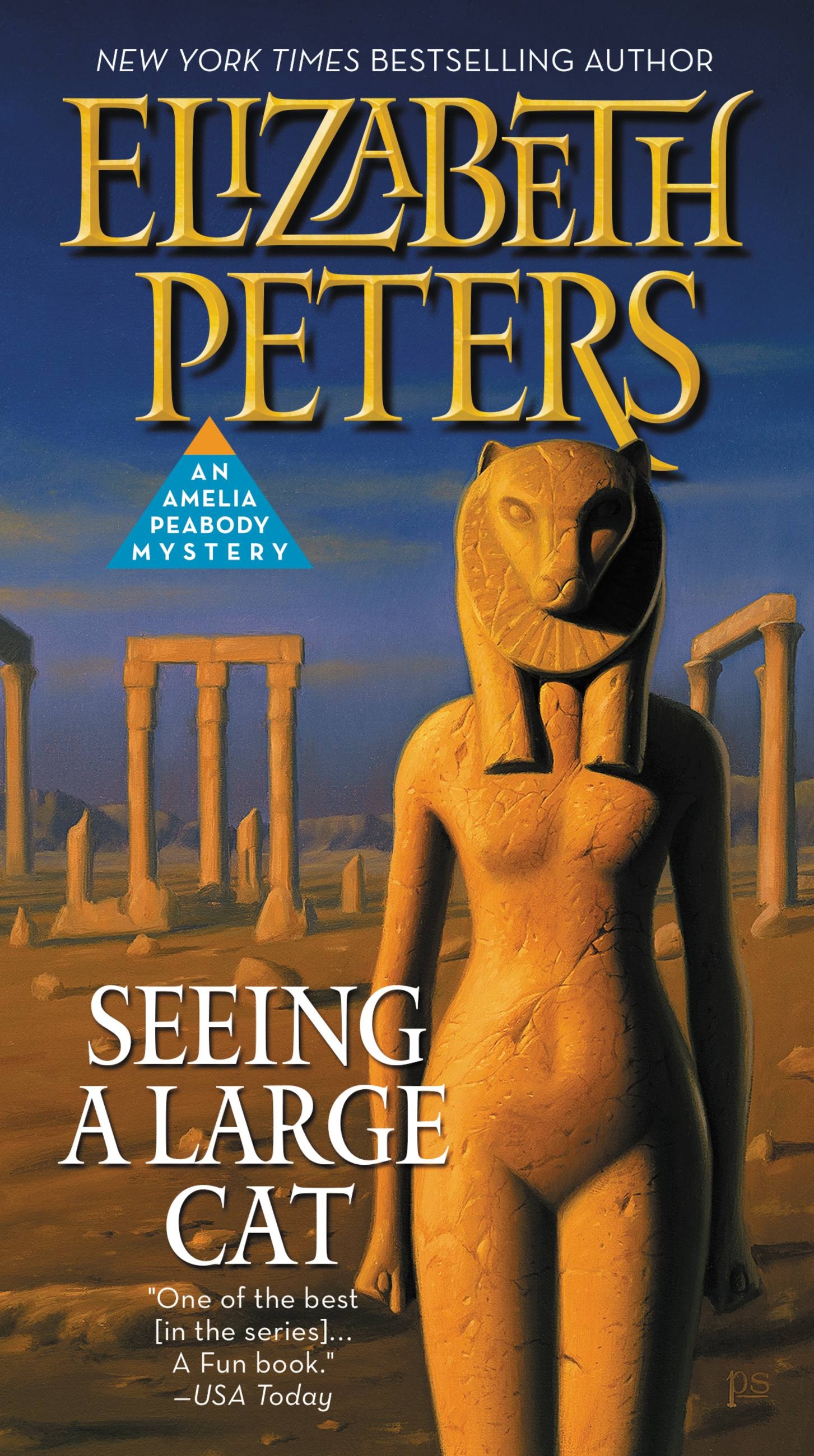Promotion
Use code MOM24 for 20% off site wide + free shipping over $45
Seeing a Large Cat
Contributors
Formats and Prices
Price
$10.00Price
$13.00 CADFormat
Format:
- Mass Market $10.00 $13.00 CAD
- ebook $9.99 $11.99 CAD
This item is a preorder. Your payment method will be charged immediately, and the product is expected to ship on or around July 30, 2013. This date is subject to change due to shipping delays beyond our control.
Also available from:
It’s 1903 in Cairo, and Amelia dreams of a large Egyptian cat, a
sign of good luck. But the luck turns when she and Emerson, who
are set to dig in the Valley of the Kings, receive an ominous
warning: “Stay away from tomb Twenty-A!” More trouble brews as
Ramses and Nefret, unknown to their parents, begin to sneak
about to help an American who believes she’s being stalked. When
tomb Twenty-A reveals a mummy wearing silk unmentionables,
Amelia is trapped in a labyrinth of murder, passion and deceit.
Genre:
- On Sale
- Jul 30, 2013
- Page Count
- 512 pages
- Publisher
- Grand Central Publishing
- ISBN-13
- 9781455572403
Newsletter Signup
By clicking ‘Sign Up,’ I acknowledge that I have read and agree to Hachette Book Group’s Privacy Policy and Terms of Use










